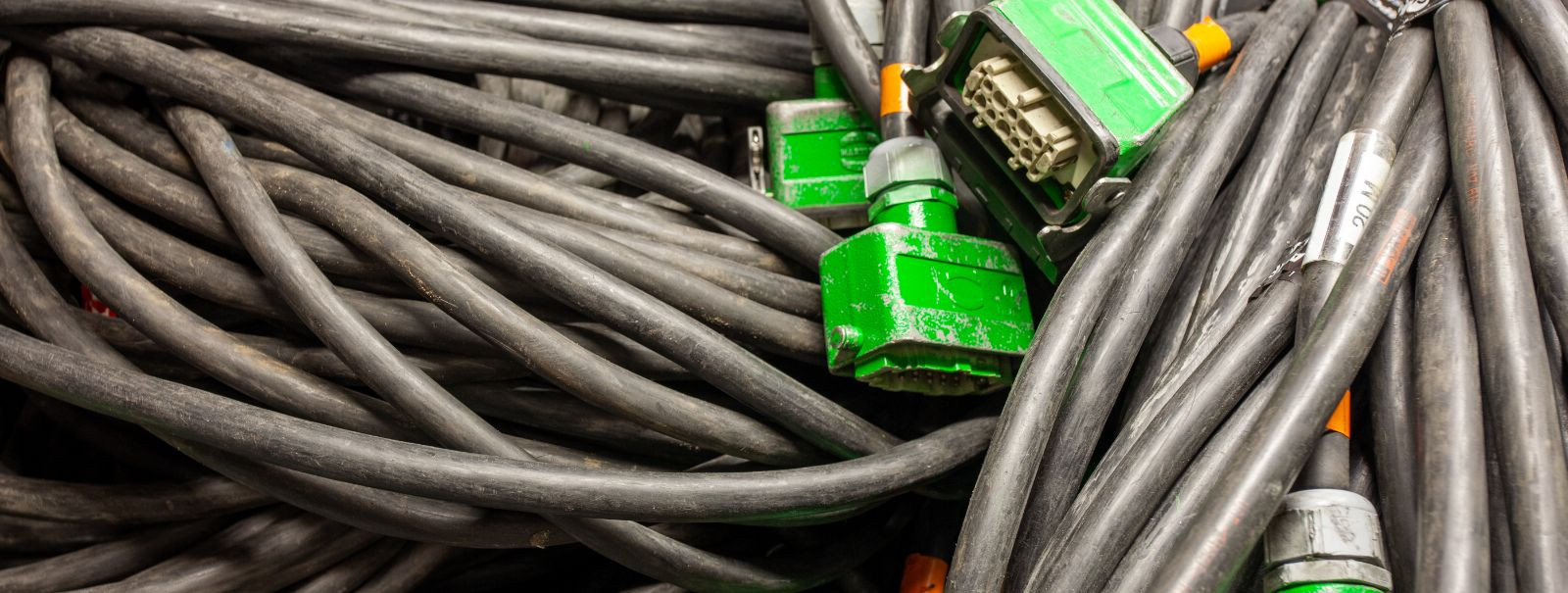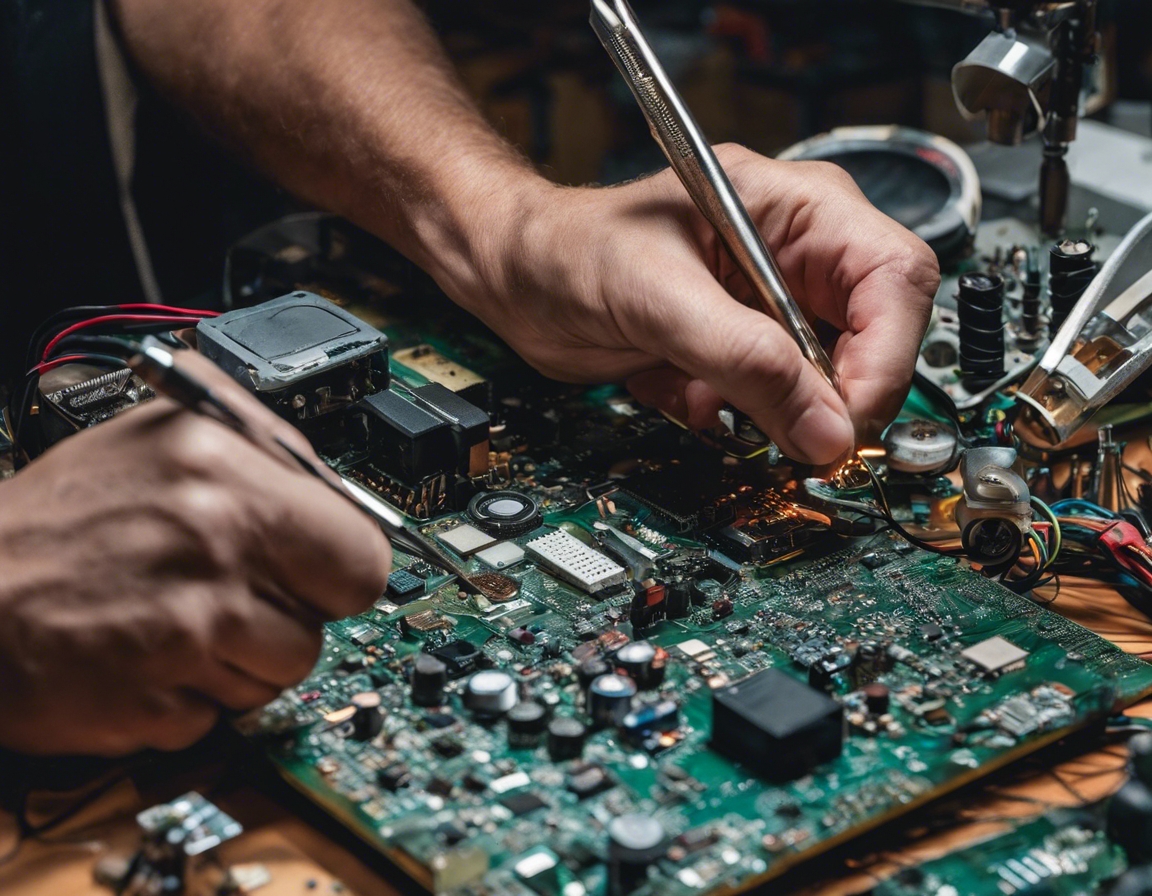How to ensure eco-friendly disposal of electronics
Electronic waste, or e-waste, refers to discarded electrical or electronic devices. Used electronics that are destined for refurbishment, reuse, resale, salvage recycling through material recovery, or disposal are also considered e-waste. The rapid expansion of technology means that a very large amount of e-waste is created every year.
Electronic waste is a significant contributor to environmental degradation. Harmful substances such as lead, mercury, and cadmium, found in e-waste, can leach into the soil, pollute water, and release toxic fumes into the air if improperly disposed of, causing long-term harm to ecosystems and human health.
Best Practices for Eco-Friendly Disposal of Electronics
Creating a sustainable disposal plan is essential for any organization that uses electronics. This includes inventory management, data deletion, and logistics for the collection and transportation of e-waste.
It is crucial to select a recycling partner that adheres to the highest standards of environmental responsibility. HANSATECH OÜ, for example, offers comprehensive recycling services that ensure eco-friendly disposal of electronics.
Data security is a major concern when disposing of electronic devices. Companies must ensure that all sensitive data is completely destroyed before the electronics are recycled.
Regulatory Compliance and Certifications
Compliance with international and local regulations is mandatory for the disposal of e-waste. These regulations help ensure that electronic waste is handled in an environmentally responsible manner.
Recyclers should have the necessary certifications to demonstrate compliance with environmental and data security standards. Certifications such as ISO 14001 and R2 are indicators of a recycler's commitment to eco-friendly practices.
Technological Solutions for E-Waste Management
New technologies are making the recycling of electronics more efficient and less harmful to the environment. These innovations include advanced separation techniques and bioremediation.
Software solutions can help manage the logistics of e-waste disposal, track the flow of materials, and ensure compliance with reporting requirements.
Employee Education and Corporate Responsibility
Employee education is key to implementing a successful e-waste disposal program. Training should cover proper disposal procedures and the environmental impact of e-waste.
Companies should establish corporate policies that promote the responsible disposal of electronics. These policies can include mandatory recycling, buy-back programs, and partnerships with certified recyclers.






Comments (0)